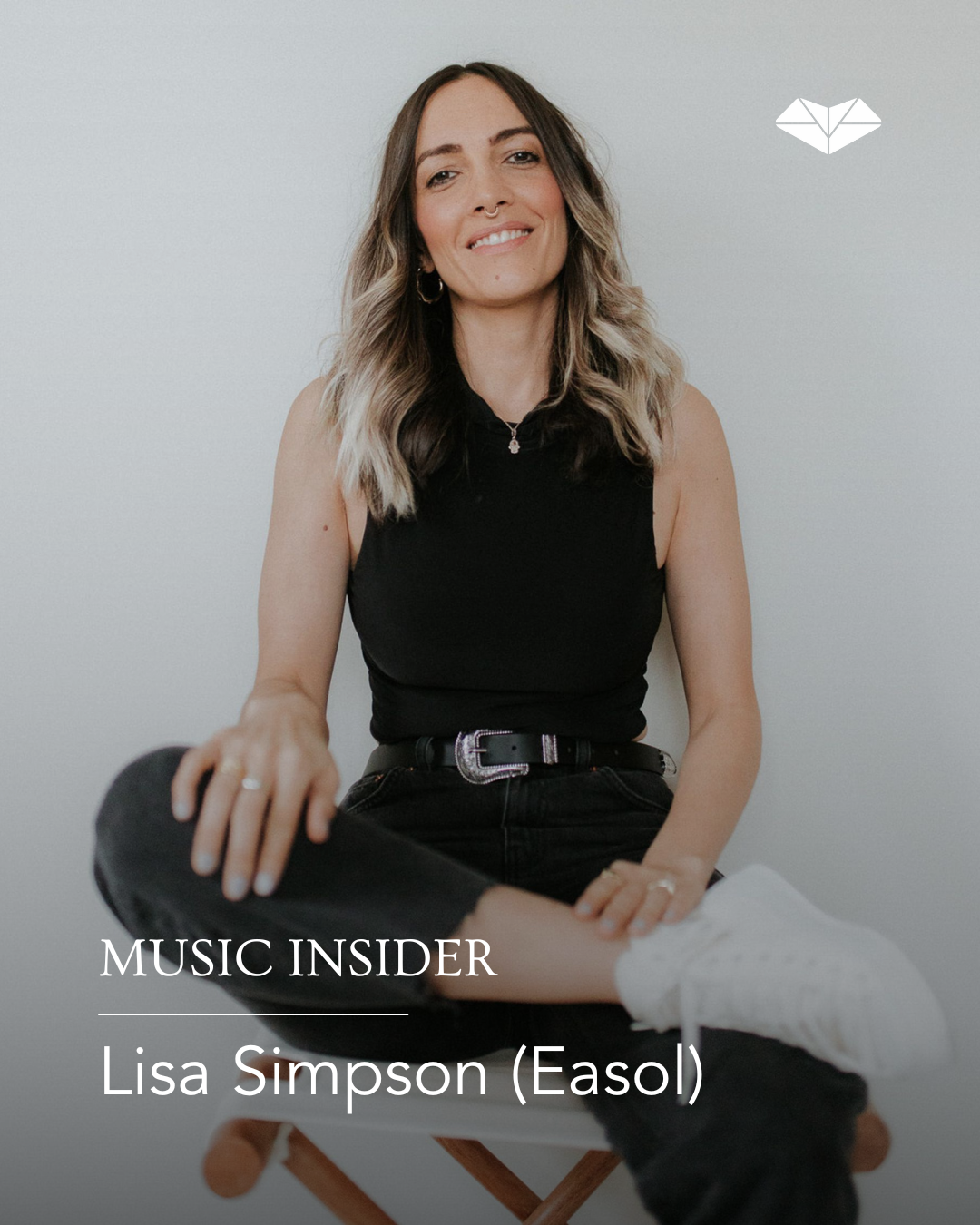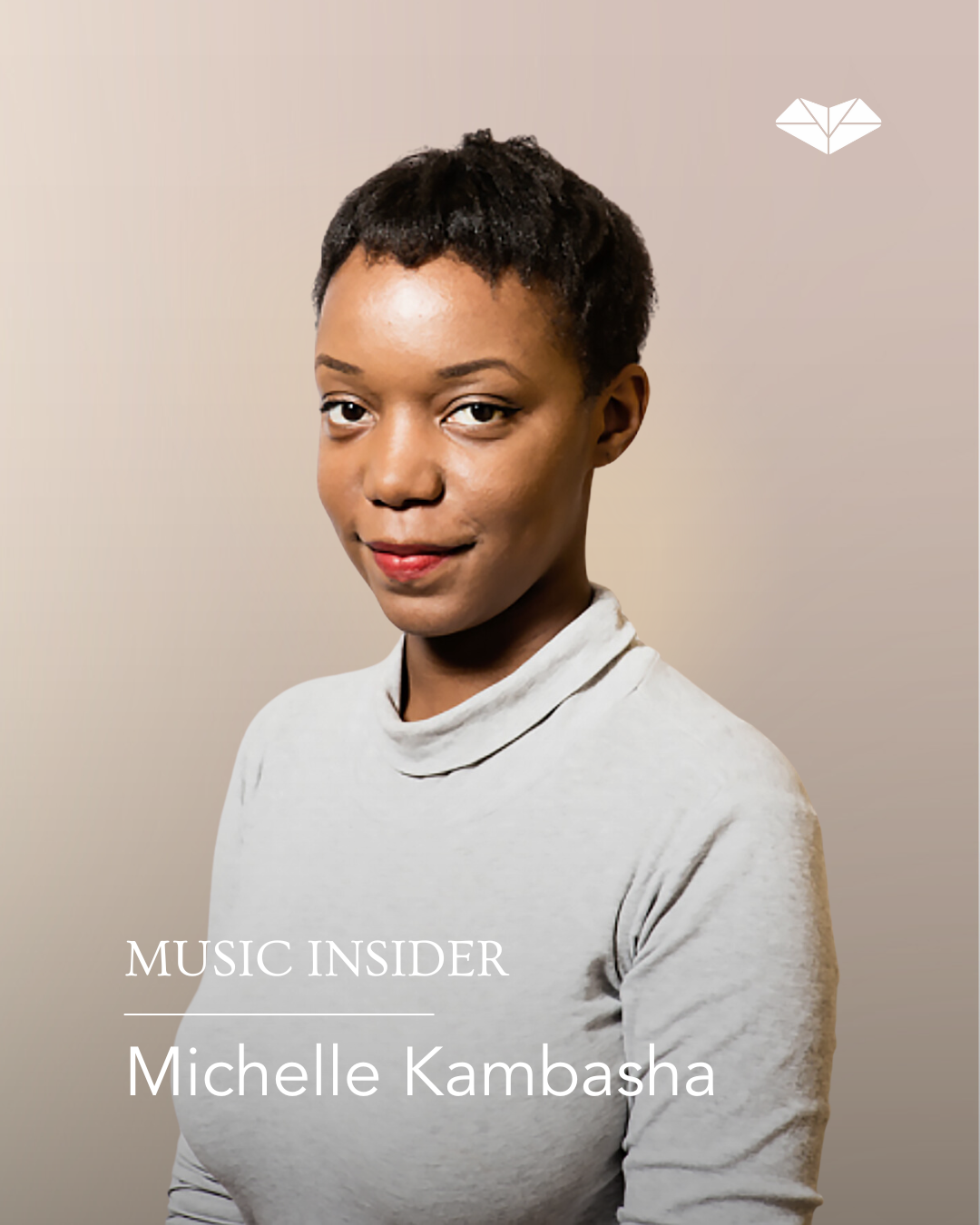Nikki Silva is an actress, musician, and film/theater director based in NY. Some of her acting highlights include being nominated for best actress at the 2024 Chelsea Film festival for her role as “Susan” in feature film “Our Lady Of Queens” as well as receiving buzz in 2021 for her role as “Eve” in the short film “Eve” directed by Wesley Wang. Nikki spent 7 years as the lead singer and rapper in an original reggae-rock band, “The Big Happy” touring the east coast and opening for acts such as "Beres Hammond" , "Slightly Stoopid" and “Sublime with Rome.”
After leaving the band, she started a production company and featured on songs with artists such as rapper nikmoody and pop singers Xristina Capous and Katt Rardi. Nikki Silva is the founder and director of a non-profit beauty pageant, which has been going strong for 11 years. The Exceptional Pageant is a unique organization, giving opportunities to shine and raise awareness for individuals with developmental and intellectual disabilities. Currently, Nikki is working with Producer and Musician Teddy Kumpel, on writing her solo artist debut album.
How did you land your first gig as a producer?
I think I was producing before I knew what producing was. I put on a whole original production in a homeless shelter when I was going through tough times as a kid.
Then, I held auditions for a movie I made when I was 10 and had my whole family involved in making it. I scheduled shoot days and I filmed it on a camcorder and edited it in real time because I had no idea about editing softwares.
In the real world, though, I started a non-profit when I was 18 and produced a beauty pageant for individuals with developmental disabilities. I still do that now, it is called “The Exceptional Pageant” As far as theatre goes, I started getting involved with this one theatre company when I was like 21, taking photos of their rehearsals, auditioning, and acting. Then, eventually I was asked to be on the board and started learning how to produce.
I produced and directed a music video for one of my vocal students and from there had others asking me to do the same and eventually just started a business doing it because I realized it kind of came naturally to me.
As a multidisciplinary artist, how do you manage to balance your creative pursuits in music, acting, and directing while running your production company?
I feel like there’s the passion side of it and then the business side of it. Running the production company allows me the freedom to take on acting projects at my own leisure while also working in the creative field. And helping others' visions come to life is rewarding.
I tend to lean toward pursuing acting as what I feel I am most called to do, it is probably my favorite part in the process of telling a story, like I enjoy the work of the actor as opposed to the other pieces of the puzzle. But all the pieces have their fun. And I look at music as more of a way to express my personal experience. And to connect with people on a more vulnerable level.
Life in NYC can be both thrilling and challenging for creatives—what’s your experience like living and working in such a dynamic city?
I’m obsessed with NYC. I’ve always been. I love that you can go to a jam mid-week and play with some of the most talented musicians. Or sometimes, I just walk down Broadway and take in the energy of the theatre, the spectators, it is all so thrilling. You can take in so much culture and meet/observe so many amazing people from diverse walks of life.
On the downside, it is an expensive place to be and it could be heartbreaking to see how many people are struggling. You want to connect with the people on the street that are in pain but you also have to be careful and guarded, so that, I would say, is the most challenging part. It breaks my heart every time I walk past someone asking for money. I usually have a technique where I put $5-$10 one dollar bills in my pocket and support who I feel called to support.
For young creatives dreaming of making it in NYC, what are your top tips for navigating this fast-paced and competitive environment?
Put yourself in rooms with people who have more experience than you, people who intimidate you, people you can learn from.
Meditate. It is so easy to get swept into this or that, having that center, that breath, your health. Connecting with the pure inner version of myself is important to me.
Keep reading, keep taking lessons, learn an instrument, keep WRITING.
Be careful who you trust. Collaboration is important but there are a lot of vultures out there.
What advice would you give to artists who want to explore alternative creative ventures?
DO IT! Explore everything. You have one life, man! If you are being drawn to something by a force, why not follow it. It is never too late. Especially acting because there is quite literally a place for every type of human, and animals, I mean maybe your dog is the next Airbud, you know? Haha but take an acting class. Go to a drama book shop and read some plays. Join Backstage or Actors Access and start submitting yourself, tape some auditions, see where it goes. Write a song, post it on social media. We have that luxury where making art is so accessible.
Tips for anyone who wants to get into your industry (music or film)
Never stop learning, take everything in. If you feel called to do something, there is a reason. Even if it feels like a saturated industry, there is room for you if you feel it in your soul. Writing is acting and living your life is connecting. With everything going on in the world, art may be the most important part to keep us connected as humans. Explore all the ideas, sometimes it takes 20 bad ideas to get to the golden one. If you want it that bad, you should live and breathe it. Read plays, go to the theatre, learn guitar, see concerts, watch interviews, put yourself in the world that you dream to live in.
With new music in the works, what excites you most about your musical journey?
The fact that I am finally using my voice to tell my story. I’m not doing it for someone else. I am sharing my personal experiences. I also love performing on stage. To be able to do that again, with a live band, is what I am most excited about for the future.














